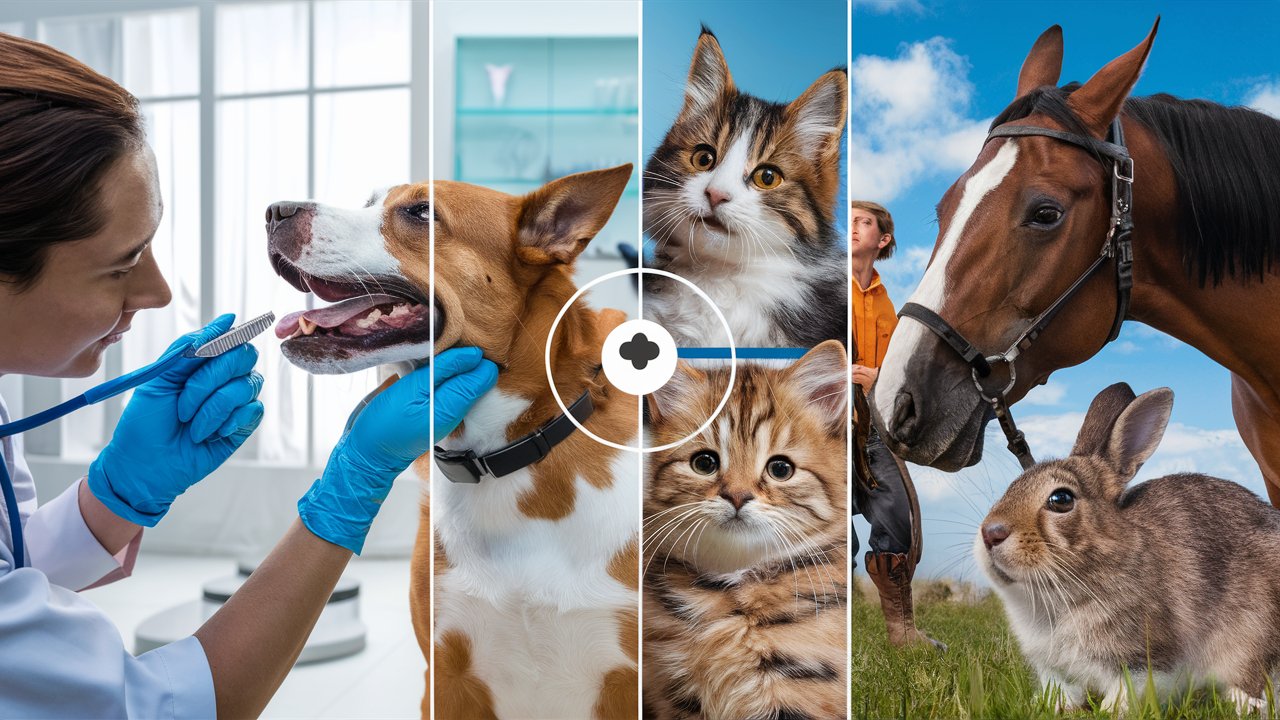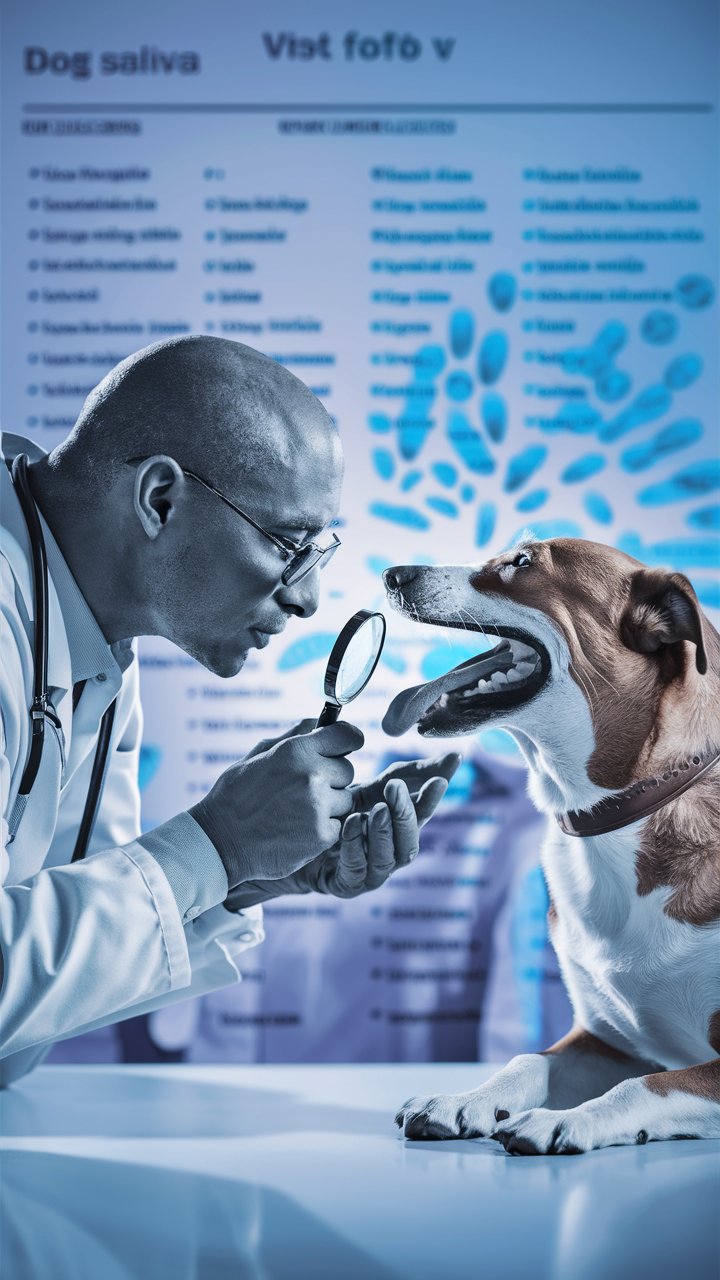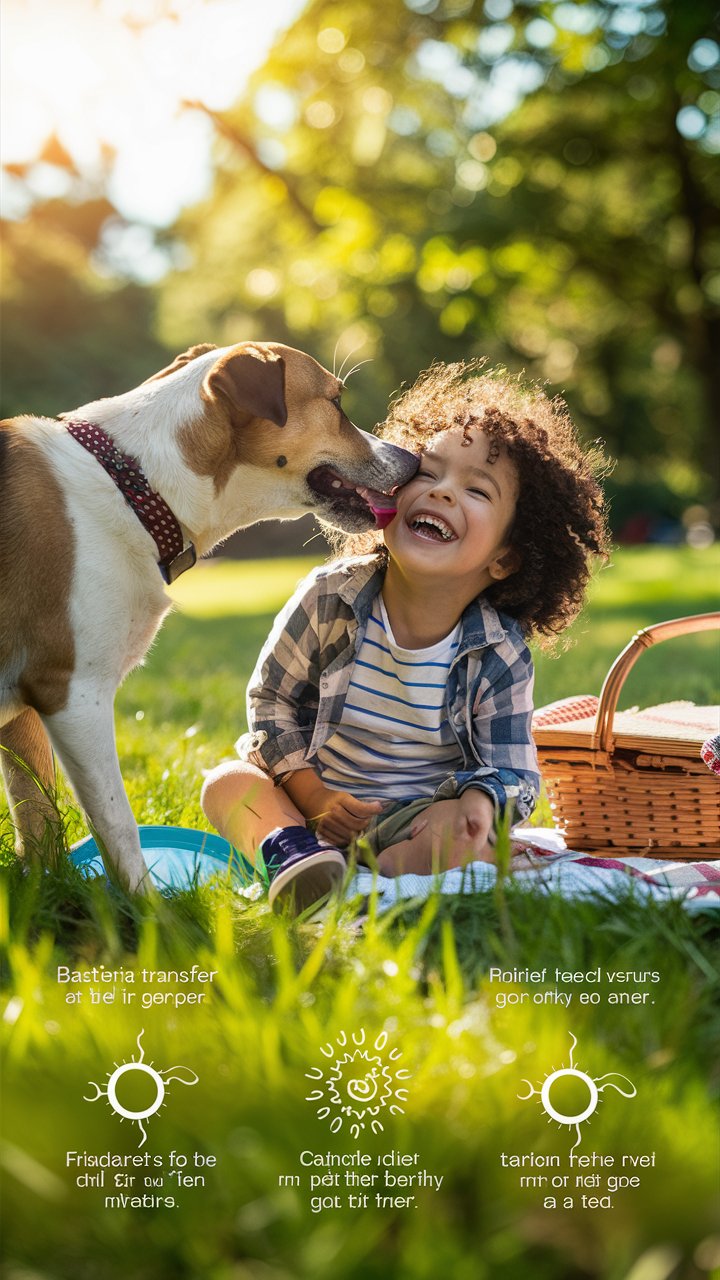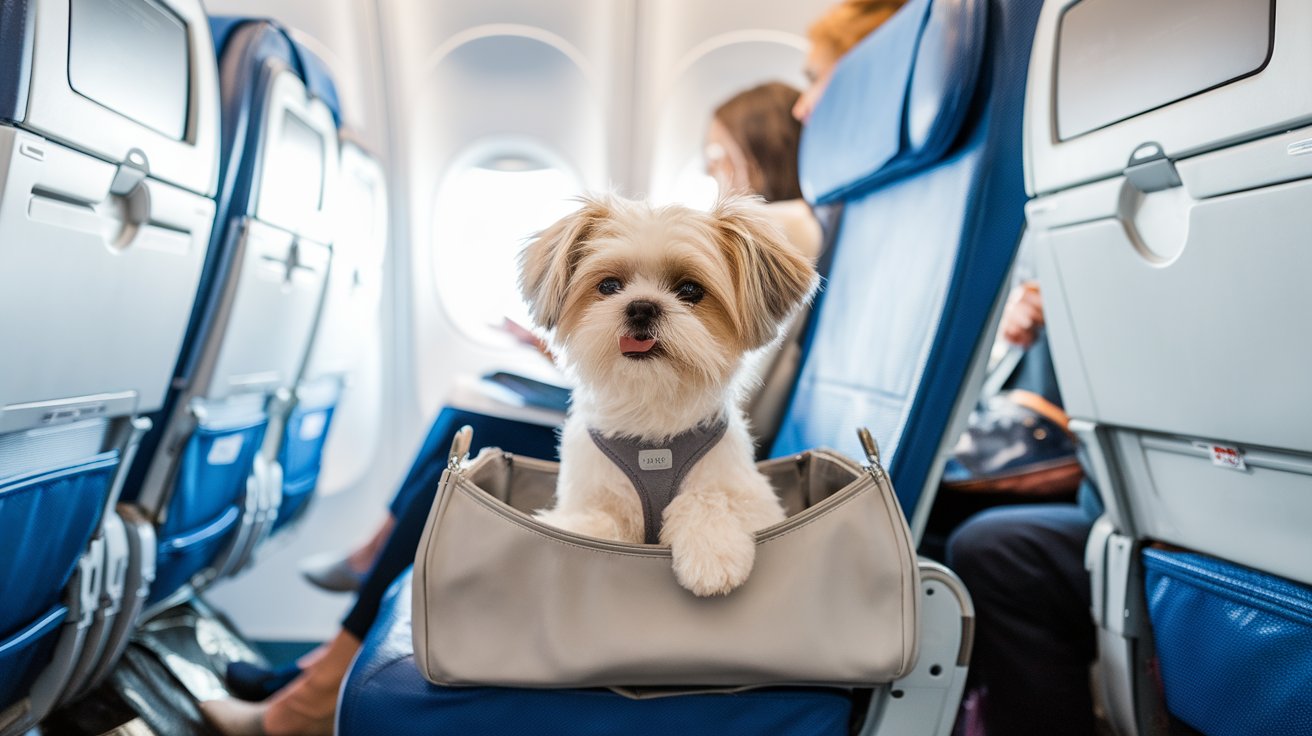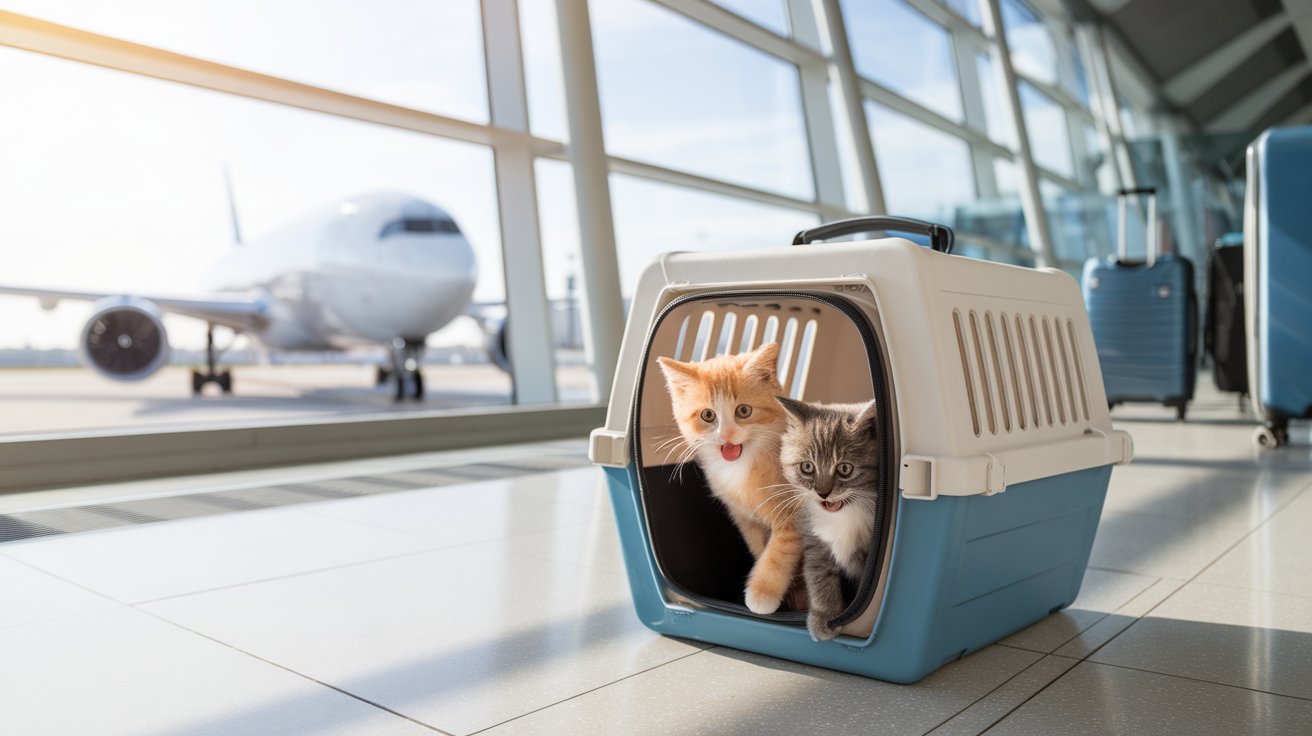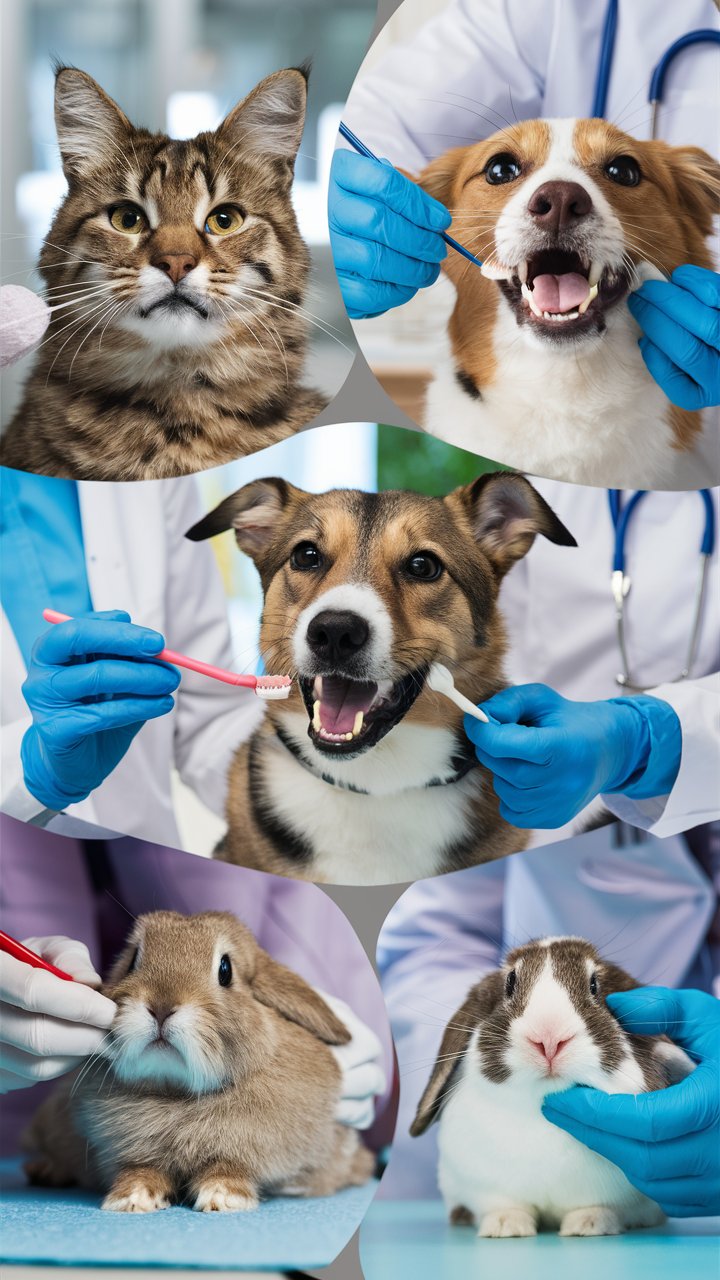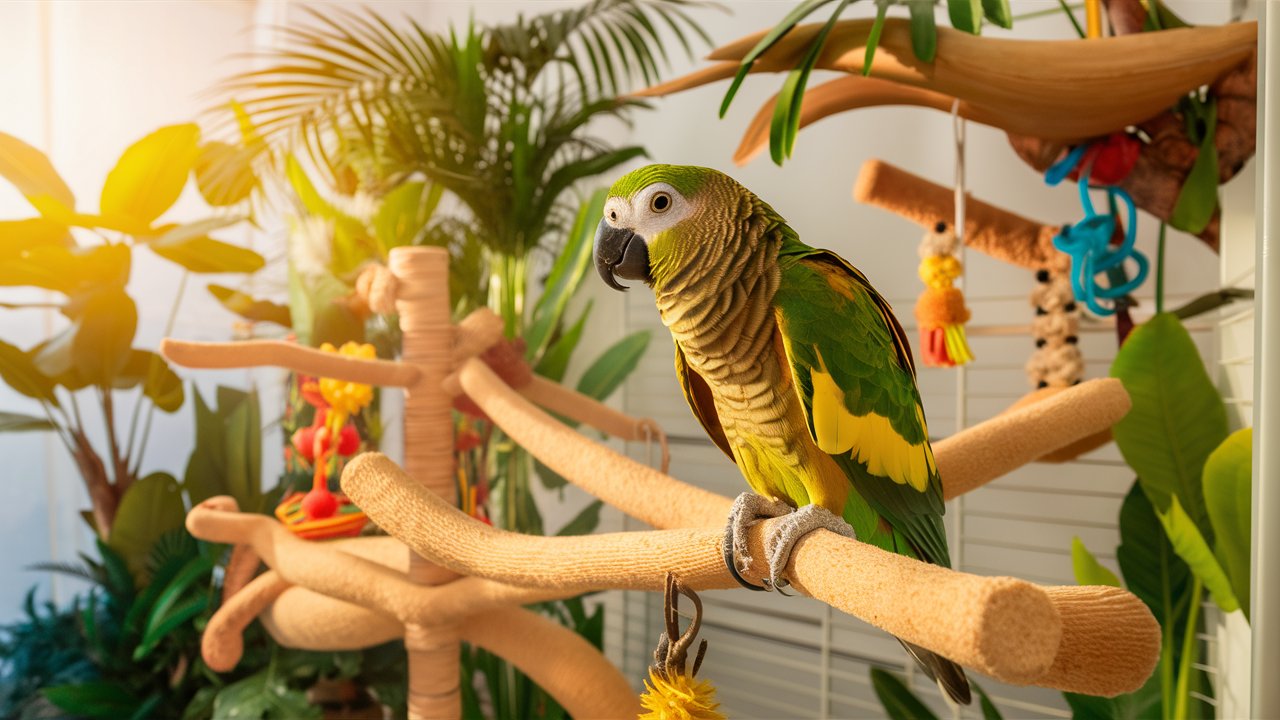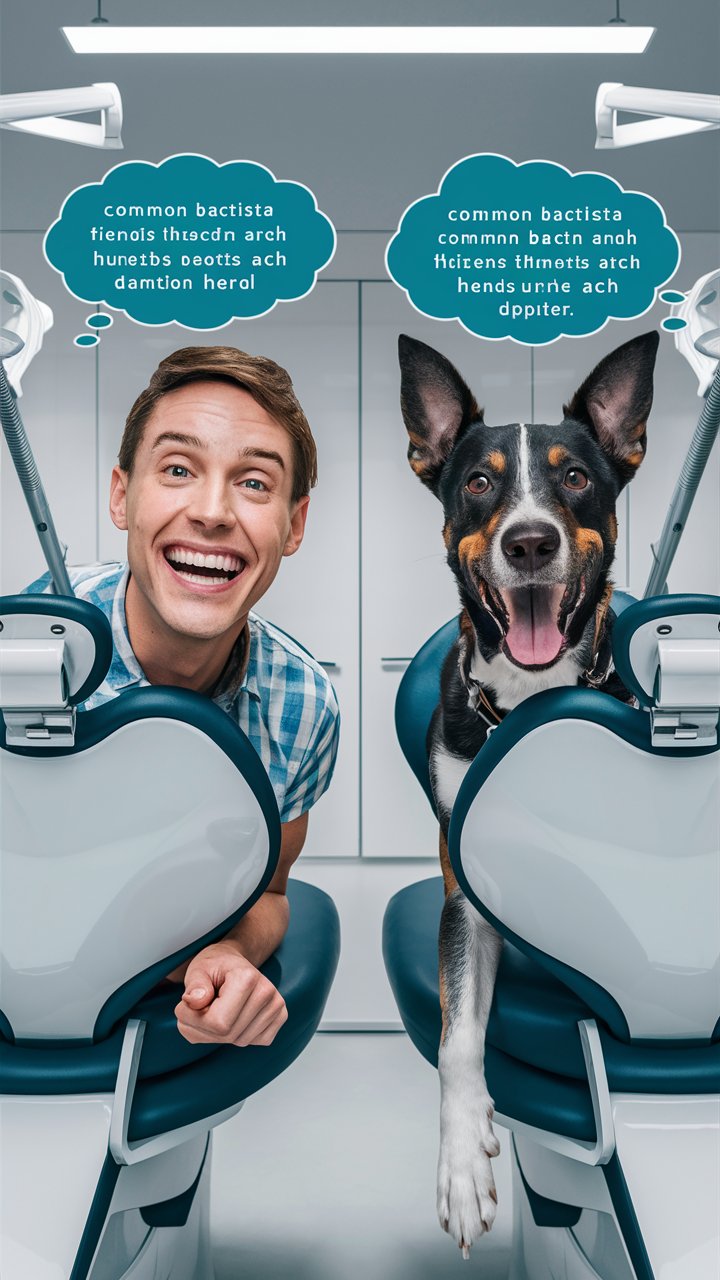Introduction
Debunking common myths around oral hygiene in animals, particularly the belief that an animal has the cleanest mouth, is crucial for pet owners. Many assume that dogs, as a type of mammal, inherently maintain cleaner oral environments merely through their natural behaviors like licking. However, this isn’t always true. The concept that you should let your dog lick an open wound because their mouths are not zoonotic and can’t transmit harmful bacteria such as multocida or salmonella is misleading. While it’s believed that dogs keep their mouths clean, their tongue and saliva can still harbor these bacteria, posing risks especially if they come into contact with open wounds.
Understanding these nuances helps pet owners realize why regular oral hygiene is paramount. Contrary to popular belief, merely allowing dogs to lick their wounds or expecting their saliva to fend off bad breath and dental diseases without proper care can lead to more significant health issues. It’s essential to follow veterinary advice and links on our site for professional guidance and keep their mouths clean, which goes beyond the myths and into the realm of scientifically-backed oral healthcare practices.
Key Takeaways
- Dog saliva is not inherently cleaner than human saliva; it contains various bacteria that can be harmful, debunking myths about its curative powers.
- Regular dental care is critical as relying solely on a dog’s saliva for oral cleanliness can lead to significant health issues.
- Licking wounds can introduce harmful bacteria from the dog’s mouth into the wound, increasing infection risks rather than aiding healing.
- Proper hygiene practices such as regular dental cleanings and the use of veterinarian-approved toothpaste are crucial for maintaining oral health.
- Scheduled veterinary visits are essential for effective oral hygiene management in pets, helping to prevent diseases and catch early signs of dental issues.
- Understanding the bacterial diversity in dog mouths is key to addressing misconceptions about dogs having the cleanest mouths and promoting realistic hygiene measures.
Saliva Secrets: How Dog Saliva Compares in Keeping Mouths Clean
Dog saliva contains enzymes that can break down food particles and reduce bacteria, but it’s not necessarily cleaner than human saliva. In fact, both types of saliva harbor various bacteria, some of which can be harmful if transferred to wounds. Understanding this helps in maintaining proper oral hygiene for our pets by regular brushing and using appropriate toothpaste designed for dogs, rather than relying on myths about the curative powers of dog saliva.
Enzymatic Action in Dog Saliva
Dog saliva contains enzymes like amylase which help break down food particles and manage oral bacteria. These enzymes play a role in oral health by preventing the overgrowth of harmful bacteria. However, while these biological processes help maintain some level of cleanliness, they are not a substitute for mechanical cleaning methods such as brushing, which physically removes plaque.
Myths Versus Medical Science
Despite popular beliefs, dog saliva is not a magical cleaning agent. While it does have properties that aid in oral health, relying solely on saliva to clean a dog’s mouth is a myth debunked by veterinary science. Regular dental care is essential to prevent diseases and maintain overall health.
Lick Logic: Debunking Myths About Dogs Licking to Clean
The idea that dogs lick their wounds to clean them is a popular myth. While licking can remove some dirt, it also introduces bacteria from the dog’s mouth into the wound, which can lead to infection. Moreover, the cleaner mouth hypothesis doesn’t hold up under scrutiny; dogs’ mouths contain many types of bacteria, just like humans. Regular dental cleanings and good hygiene practices are crucial for keeping a dog’s mouth healthy rather than letting them lick their wounds or the faces of their human companions.
Top Myths About Animal Oral Hygiene
Myth: Dogs’ mouths are cleaner than humans’
Both dog and human mouths harbor a variety of bacteria, making neither inherently cleaner. Dogs have natural enzymes in their saliva that can fight bacteria, but this doesn’t make their mouths sterile. Humans, on the other hand, often have better oral hygiene practices which help control bacterial growth.Myth: Dogs’ saliva has healing properties
While it’s a common belief, dog saliva isn’t a cure-all for wounds. In fact, letting a dog lick a human wound can introduce bacteria that may cause infection.Myth: Bad breath in dogs is normal
Foul breath is commonly overlooked in pets but can actually be a sign of underlying dental issues, such as gingivitis or other periodontal diseases.Myth: Dogs don’t need dental care
Similar to humans, dogs benefit from regular dental care, including brushing and professional cleanings, to prevent dental diseases and maintain overall oral health.Fact: Regular dental check-ups are crucial
Both cats and dogs need regular oral health assessments and treatments to manage dental hygiene and prevent potential health issues related to poor oral conditions.
This list aims to clarify common misconceptions and highlight the importance of proper dental care for pets, which is crucial for maintaining their overall health. Regular veterinary visits and proper hygiene practices are essential for keeping our furry friends’ mouths healthy.
Risks of Wound Licking
Licking wounds can introduce bacteria from the mouth to the wound, increasing the risk of infection. This practice can delay healing and may lead to more serious complications, contrary to the old wives’ tale that dog licks are healing.
Hygiene Over Myths
Promoting proper hygiene practices, like regular dental cleanings and using veterinarian-approved toothpaste, is crucial. This approach prevents the spread of bacteria found in dog saliva that, contrary to myth, isn’t beneficial for wound care or general cleanliness.
Germ Guardians: Examining the Role of Oral Hygiene in Animal Mouths
Oral hygiene isn’t just important for humans; it plays a critical role in the health of animals too. Dogs, for instance, can suffer from periodontal disease, which is often exacerbated by the buildup of plaque and tartar. Good oral hygiene practices, such as regular brushing and dental check-ups with a veterinarian, help keep harmful bacteria at bay and maintain the overall health of an animal’s mouth. These practices ensure that our pets have cleaner mouths, which can prevent both oral and systemic health issues.
Fighting Plaque and Tartar
Effective oral hygiene involves regular removal of plaque and tartar, which can harbor harmful bacteria. Tools like toothbrushes and dental treats designed for dogs help in maintaining dental health, reducing the risk of periodontal disease.
Veterinary Visits for Oral Health
Scheduled veterinary visits are essential for assessing and maintaining the oral hygiene of pets. These check-ups can catch early signs of dental issues and ensure that pets receive necessary care to prevent oral diseases.
“Regular dental care is essential to prevent diseases and maintain overall health, debunking the myth that a dog’s mouth is cleaner than a human’s.” — Adapted from sources discussing the complexity of canine oral health compared to human oral hygiene (Inspo & Explore) (Kidadl).
A Clean Mouth Conundrum: Does Your Dog Really Have the Cleanest Mouth?
It’s a common belief that a dog’s mouth is cleaner than a human’s, but this is not entirely accurate. While dogs may have different types of bacteria in their mouths, not all of these are harmless. The idea that dogs’ mouths are cleaner because they lick their wounds and keep their oral area clean is a misconception. Real hygiene comes from regular veterinary care, including dental check-ups and proper brushing techniques that reduce the risk of carrying harmful bacteria that can affect both the dog and its human family.
Bacterial Diversity in Dog Mouths
Dogs have a diverse array of bacteria in their mouths, similar to humans. Understanding this diversity is crucial to debunking the myth that dogs have inherently cleaner mouths.
Regular Oral Maintenance
Maintaining a dog’s oral health requires consistent care, including brushing and regular vet check-ups. These practices are necessary to manage the bacteria levels in their mouths and ensure they do not transfer harmful microbes to humans or other pets.
[lasso rel=”amazon-35″ id=”5461″]
Conclusion
In light of our discussions, it is evident that while dogs can benefit from good oral hygiene, the notion that a dog’s mouth is cleaner than a human’s is a misconception. Despite popular beliefs that dog saliva had curative powers, the reality is more complex, as both dogs and humans harbor bacteria that can be slightly worse than the bacteria typically considered harmless in the mouth. Regular brushing and dental cleanings are essential, not just for the sake of hygiene but to ensure that dog’s and human mouths remain free of pathogens that could lead to infections.
As we continue to research about saliva, it becomes clearer that maintaining hygiene goes beyond myths. It’s crucial for dog owners to understand that dogs tend to lick their wounds not because it is beneficial, but because it’s a natural instinct. Effective oral care includes regular brushing and dental cleanings, guided by conventional care to avoid the risk of diseases like periodontal disease, particularly as a dog is older and more prone to dental issues. Following journal of veterinary advice ensures the health and well-being of our pets and their human companions.

